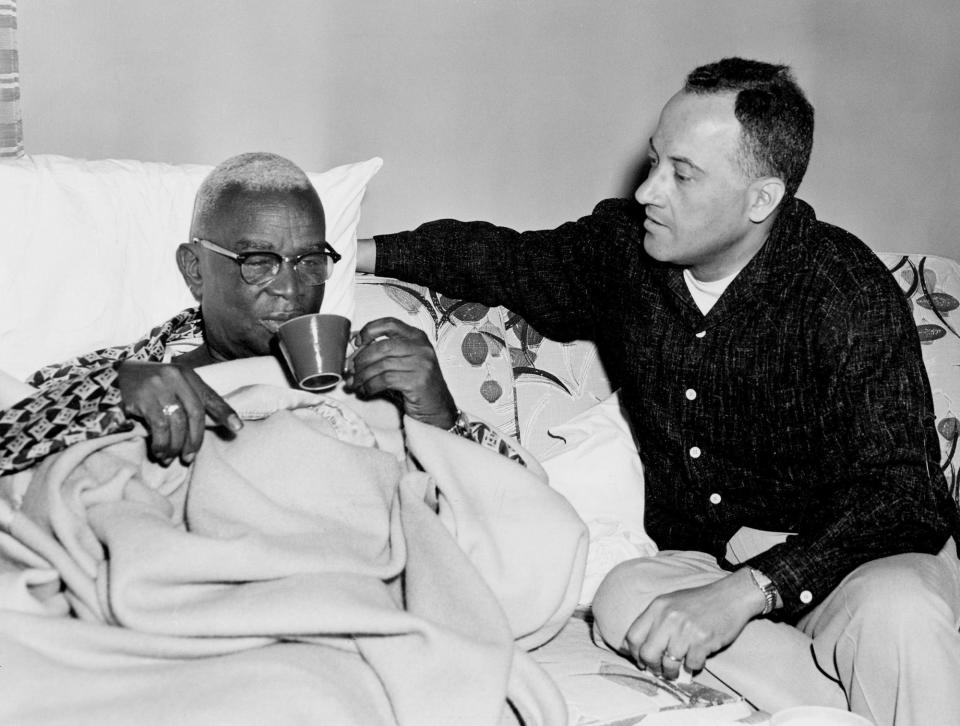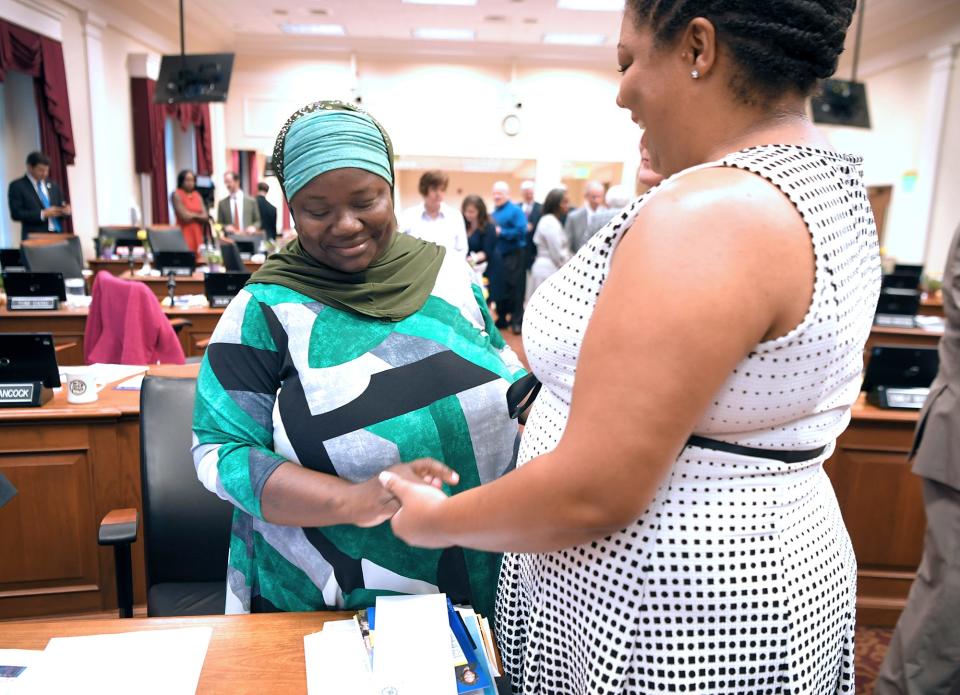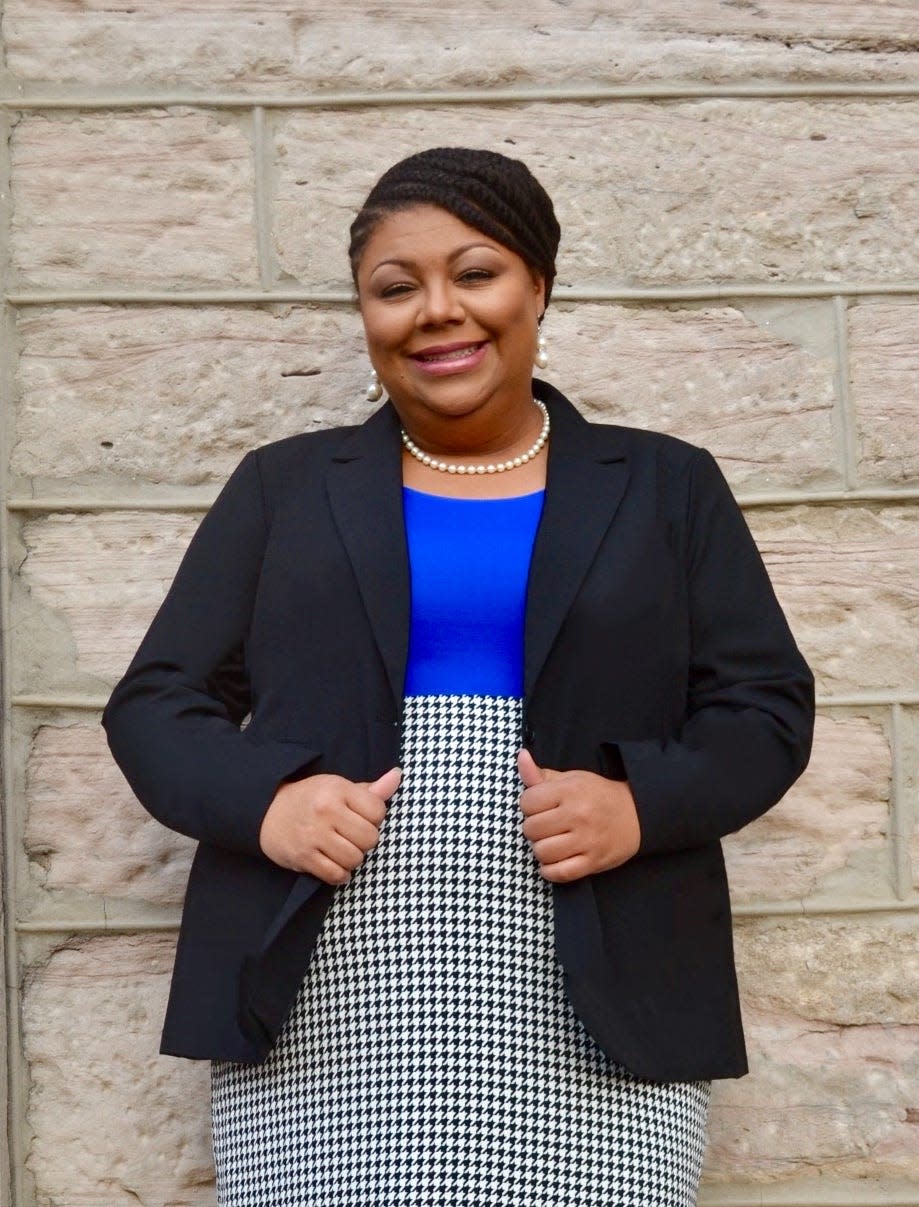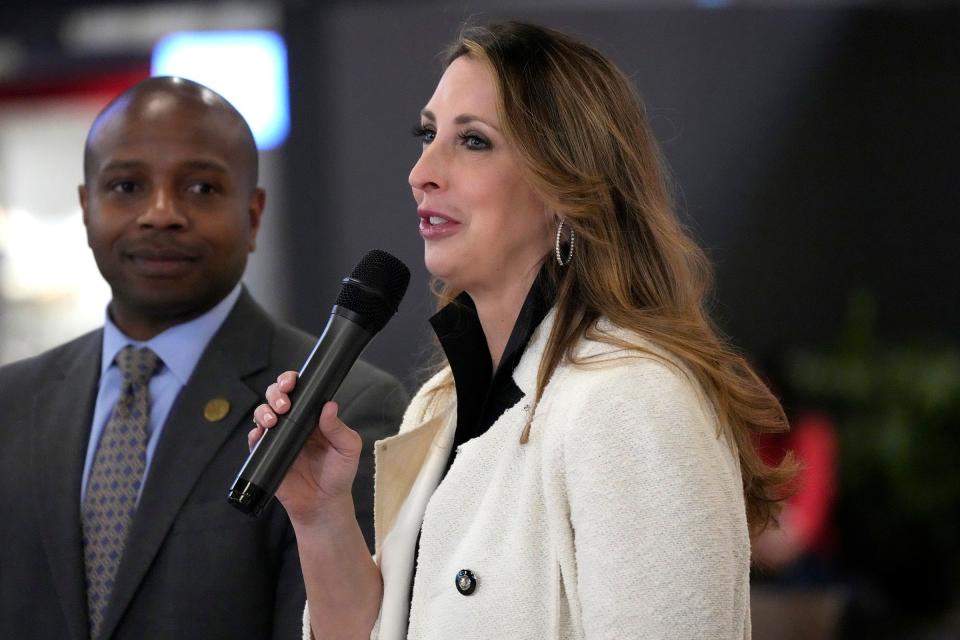How downsizing the Metro Council would hurt minority representation in Nashville | Opinion
As we celebrate Black History Month, I should be celebrating the progress of African Americans in Nashville. Instead, I’m left scratching my head regarding a harmful proposal in the Tennessee General Assembly to cut Nashville’s Metro Council in half. This proposal would roll back decades of progress in a Southern city that was a cradle of the American Civil Rights Movement.
As chair of the Council’s Minority Caucus, I urge House Speaker Cameron Sexton and his fellow state lawmakers to reconsider this attempt to punish Nashville over our reluctance to host a national political convention, due to very valid security concerns.
As a former public school teacher, I ask them to instead study the history of Metropolitan Nashville’s government and consider what it means to people of color.
Hear more Tennessee Voices: Get the weekly opinion newsletter for insightful and thought provoking columns.
Metro Nashville has stood the test of time
Near the height of the Civil Rights Movement in 1962, when social unrest dominated many Southern cities, Nashvillians accomplished something rare in government and politics — community-wide unification.

The framers of Metro Government — including attorneys and civil rights leaders Z. Alexander Looby and Avon Williams — sought to create a government that worked for everyone. They replaced a dueling 30-member city council and 55-member county court with a consolidated 40-member local legislative body, composed of 35 district members and five At-Large representatives.
Today, there are 14 consolidated governments in the United States, and each successful consolidation has used the 1962 Nashville charter as a model.
By any measure, the Metro Council has stood the test of time.
As Tennessean columnist and author Keel Hunt noted, Metro is nationally recognized as a model for local governance, and Nashville’s booming economy, now more than ever, “helps make state government financially possible.”
Sign up for Latino Tennessee Voices newsletter:Read compelling stories for and with the Latino community in Tennessee.
Metro Council is more diverse than ever
For many citizens, Metro Government represents a larger set of ideals — and the Metro Council’s size ensures diverse representation.

In 2019, the people of Nashville elected the most diverse council in the city’s history. Five council members identify as members of the LGBTQIA+ community. Half of our Council seats are held by women, who comprise more than half the population.
Moreover, one-quarter of the seats are held by Black officials — on par with a city that is roughly 25% African American.
For the first time in our city’s history, we have both a first and second generation immigrant, our first Latina council member, as well as our first Muslim council member. Downsizing the council would roll back gains in women and minority representation.
Sign up for Black Tennessee Voices newsletter:Read compelling columns by Black writers from across Tennessee.
A smaller council would hurt representation
Additionally, the Council has served as an entry point into government for women and minorities aspiring to higher office. At least six countywide elected offices are currently held by Black former Council members, three of whom are women.

Diminishing the council not only would reduce the number of women and minority members, but also would constrain an important talent pipeline in public service.
As it stands, the Metro Council keeps our local government close to the neighborhoods and residents it serves. With approximately 20,000 citizens in each of the Council’s 35 districts, my colleagues and I stay busy but accessible.
Cutting the Council’s size in half would double constituent caseloads and make it harder for us to do our jobs.
Blue cities in red states should be wary
Even now, Metro Council members carry bigger workloads than local officials in surrounding counties. For example, in neighboring Sumner County — with a 24-member county commission, 11-member Hendersonville board of aldermen, and seven-member Gallatin city council — local officials each represent just a few thousand people.
Perhaps the most compelling reason to maintain the Metro Council’s current size: The citizens of Nashville prefer it. As recently as 2015, voters rejected a proposal to shrink the Council. If state legislators believe in the principle of local control, they should start by honoring the capital city’s right to self-govern.

Finally: If Tennessee lawmakers insist on trying to punish Nashville over a political convention, I hope the Republican National Committee weighs in. I take RNC Chairwoman Ronna McDaniel at her word when she says, “the values we share transcend our differences.”
If our shared values include diversity, local control, and public service for all, then perhaps McDaniel will urge her members to set aside their hostility.
If not, other cities across the country should take notice: If you’re a diverse community in a red state that declines to host a GOP convention, beware the consequences.
Delishia Porterfield is chair of the Metro Council’s Minority Caucus. She has represented Council District 29, in southeast Davidson County, since 2019.
This article originally appeared on Nashville Tennessean: Shrinking Nashville Metro Council would hurt minority representation

